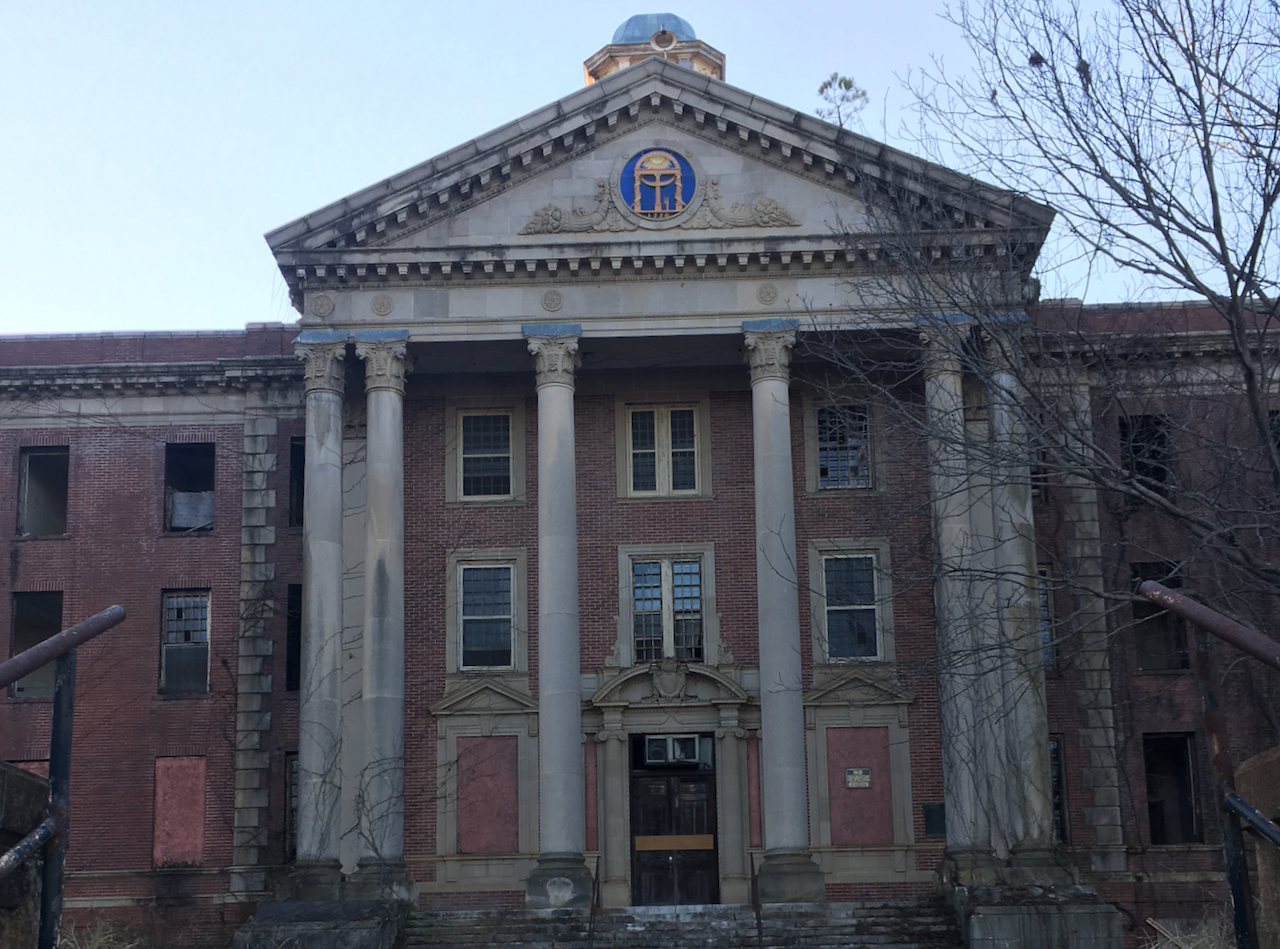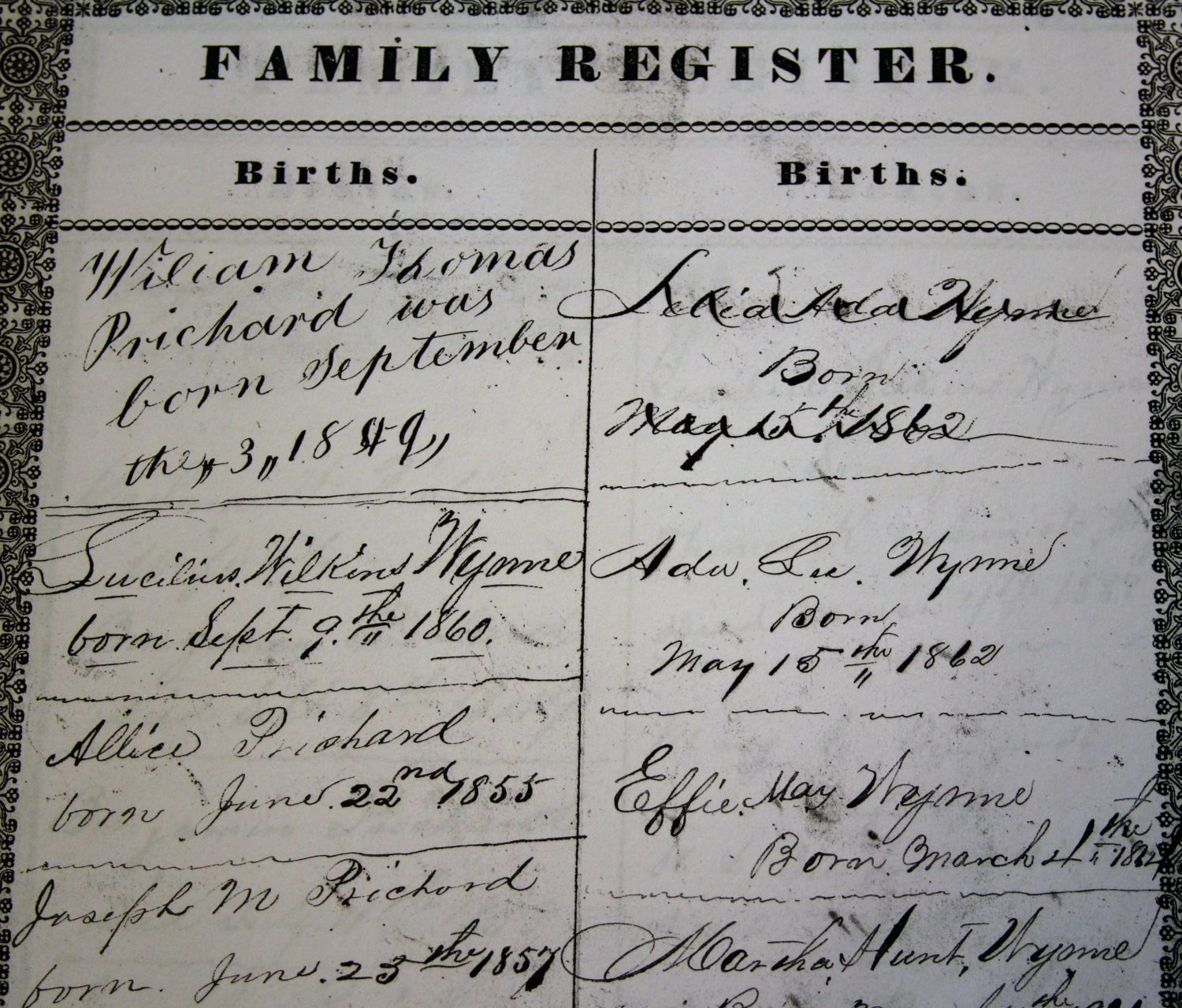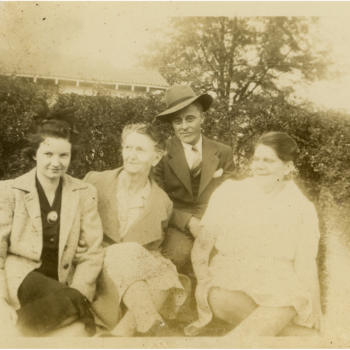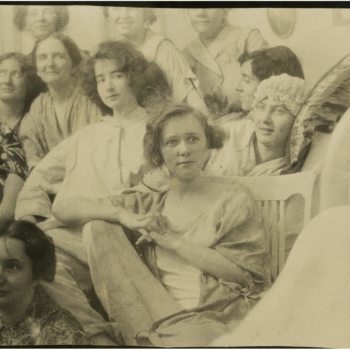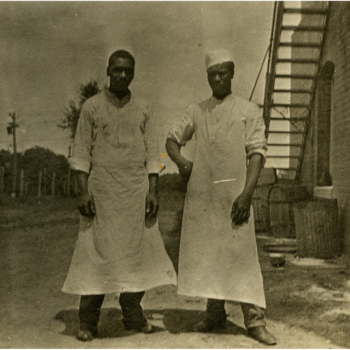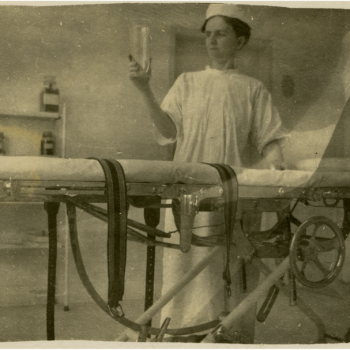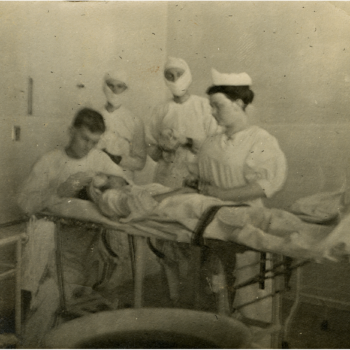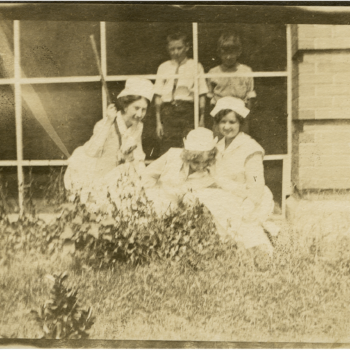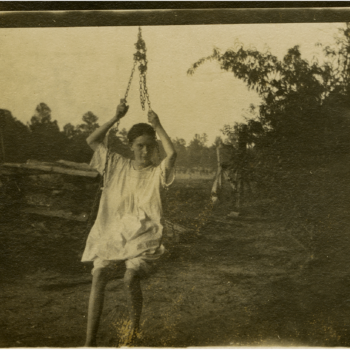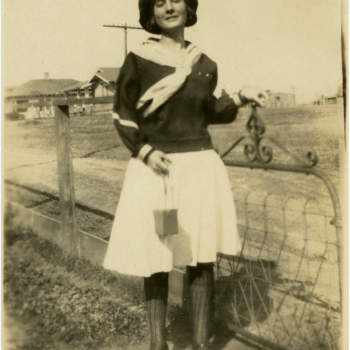Seven Thousand Bodies: A Documentary Podcast about the Mississippi State Lunatic Asylum
William Faulkner’s fictional Benjy Compson is committed to the Mississippi State Lunatic Asylum (by then known as the Insane Hospital) in 1933 at the age of 38. Luster tells him, “You know what they going to do with you when Miss Cahline die. They going to send you to Jackson, where you belong. Mr. Jason say so. Where you can hold the bars all day long with the rest of the looneys and slobber. How you like that” (Faulkner 54). The Mississippi State Lunatic Asylum, in operation in Jackson from 1855 to 1935, was as much an institution as it was a euphemism for the management of those who didn’t fit. Likewise, its surrounding mythology—tapped by Mississippi writers like Eudora Welty, William Faulkner, and Tennessee Williams— was as much a reflection of the southern gothic as it was part of its construction. In the South, mass incarceration of the mentally ill served to hold up intersectional systems of wellness defined by race, gender, and sexuality. In Mississippi, this took the form of a 1400-acre formal penal farm, on which 35,000 patients lived, worked, were likely sterilized, and in many cases died during the asylum’s 80-year history.
Thanks to the recent discovery of what radar estimates are an excess of 7,000 unmarked graves inside the cemetery boundary at the site of the old asylum—now the University of Mississippi Medical Center—we may have the opportunity to uncover these patients’ stories and the systems of power that shaped them. If the asylum serves as an edifice to the grotesque, then the bodies— now referred to as “scientific specimens”— serve as sites of modernist cultural formation. The burial discovery, and the time and place it represents, is an apt case study for understanding how southern identity was confirmed and refuted through the disenfranchisement of its “freaks.” Though this is not a southern story, as UMMC’s director of biomedical ethics Ralph Didlake concludes, it has “profoundly southern elements.”
This radio documentary weaves together the stories of four narrators, ranging from descendants to experts. Follow me as I seek to tell these forgotten stories, and understand how Mississippi institutions like the state asylum constructed deviance in the Jim Crow South.
Rachel Childs is a Georgia-raised editor, writer, and storyteller, and the 2018 recipient of the Ann Abadie Award for Best Documentary Project. She completed this thesis documentary project in spring 2018 in the Center for the Study of Southern Culture’s Master’s program in Southern Studies. She now wrangles words (and makes her own pimento cheese) in New Mexico.
 Mississippi
Mississippi 